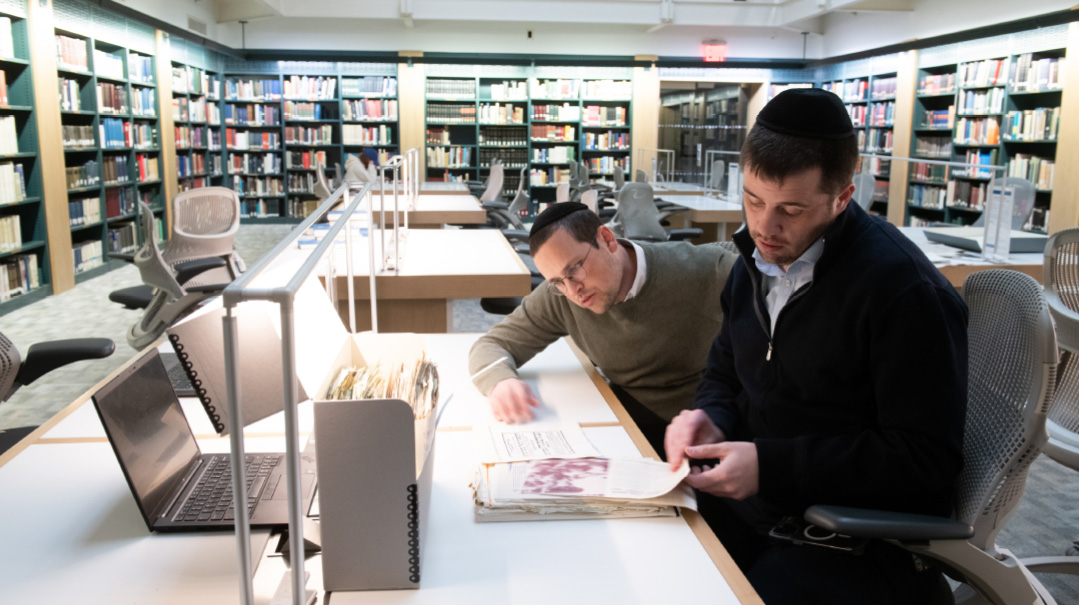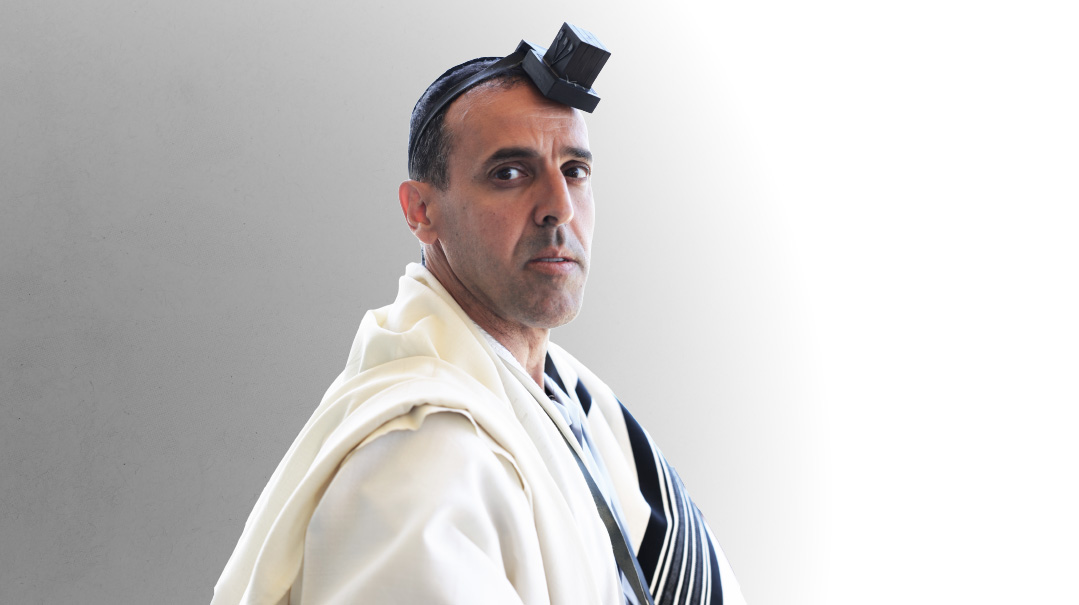On the Plus Side?


Photo: Shutterstock
A n insider’s view of positive psychology therapy.
Is the glass half full or half empty? We all know this classic psychological litmus test for optimism and positivity but how many of us really see the glass as half full? What about when the glass is completely empty — can we find a saving grace there?
In his inauguration speech as the president of the American Psychological Association Martin Seligman — a modern pioneer in positive psychology — said that the most important thing he learned was that psychology was half-baked; only the part on mental illness was well-done. He proposed “baking” the other half by stressing positive aspects as well.
Unlike traditional psychotherapy which seeks to “fix” difficulties by acknowledging a “deficit” in individuals and delving into their pain positive psychology is about turning a disturbing situation on its axis to reveal the positivity and value therein. Once the difficulty has been reframed the individual is strengthened by this change in the thought pattern which engenders positive emotions gratitude and meaning. From this new vantage point growth occurs.
Take a look at positive psychology in action as three expert practitioners share hypothetical scenarios culled from their practices to demonstrate how positive psychology helps people heal.
Accepting My Child
The Scenario: Dinah begins describing her nine-year-old son Zevi who has symptoms of attention deficit hyperactivity disorder (ADHD). He fights with his siblings becomes frustrated when asked to help around the house and tantrums frequently. The principal calls with a steady list of complaints and no matter what Dinah does Zevi is never satisfied.
What finally made Dinah seek therapy was a recent family trip. “The kids got to see Uncle Moishy go on four rides and eat pizza. When it was time to go home everyone complied except Zevi ” Dinah says. “He kept yelling that he didn’t go on the rides he wanted his soda spilled and on and on.”

Zevi’s behavior was making the other children miserable. No one wanted to sit next to him on the way home because he was sulking and fighting with everyone.
“I spent a fortune on admissions and overpriced pizza took off from work — and this is what I get?” laments Dinah. “Everyone was happy until he spoiled it.”
She cries as she worries how her child will turn out. Dinah then admits she feels aggressive impulses toward her child — which makes her more distressed.
“All of our interactions are so negative! It’s just so hard to love him!” Dinah looks at the floor embarrassed at what she’s expressed. “He often tells me that I hate him and I don’t know if I am honest when I deny it.”
Oops! We could not locate your form.







